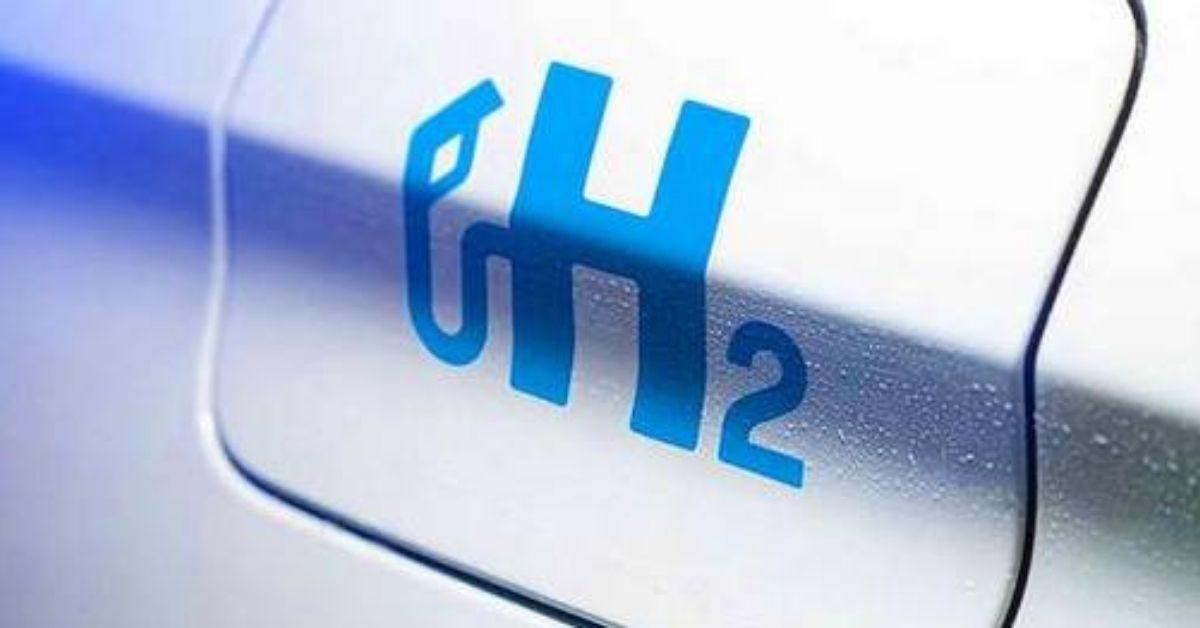.
Gasunie has taken the investment decision for the first part of its national hydrogen network. Gasunie board member Hans Coenen announced this during the Hydrogen Europe Summer Market in Brussels.
The investment of this first section exceeds €100 million and is being developed by Gasunie’s subsidiary Hynetwork Services. Work will start after the summer in Rotterdam. This nationwide hydrogen network, which will cost around €1.5 billion, will connect major industrial regions in the Netherlands and surrounding countries, such as Germany and Belgium, from 2030 onwards.
In addition, the network will have connections to import terminals at seaports, domestic hydrogen production and large-scale hydrogen storage facilities. Last year, Hynetwork Services was commissioned by the government to develop the hydrogen network.
The national network will eventually be 1,200 kilometres long and largely consist of existing natural gas pipelines. Rotterdam, as one of the seaports, will act as a major gateway for hydrogen to northwest Europe, with hydrogen able to be transported through the network to industrial customers in the Netherlands and surrounding countries, such as Germany and Belgium.
The first section of the hydrogen network will run in Rotterdam from the Tweede Maasvlakte to Pernis, a stretch of more than 30 kilometres. Construction will start after the summer and is expected to be operational by 2025.
Hydrogen contributes to making the energy supply more sustainable. For example, in making industry and heavy transport more sustainable. But also as a feedstock in chemistry. Moreover, the hydrogen infrastructure enables connections with other countries and, with its large-scale storage possibilities, it provides extra flexibility in our green energy supply.
Gasunie plans to play a connecting role in the energy transition by developing hydrogen infrastructure in the Netherlands, Germany and the North Sea. Besides the national network in the Netherlands, the construction of which will start after the summer, Gasunie is also contributing to the German and European hydrogen strategy with hydrogen infrastructure (import, transport and large-scale storage) in northern Germany. Moreover, the Dutch cabinet has plans to designate Gasunie to develop a hydrogen network in the North Sea, which will further strengthen its international connecting role.
From 2030, the national hydrogen network will connect seaports with the major industrial clusters (Eemshaven, North Sea Canal area, Rotterdam, Zeeland and Limburg) in our country and with hydrogen storage sites. It also provides connections to Germany (Ruhr area and Hamburg) and Belgium. It promotes the development of the Netherlands as a European hydrogen energy hub and the growth of the international hydrogen market. Moreover, it contributes to European energy independence.
The use of existing pipelines, made available by the decrease in natural gas transport, will benefit the environment and reduce costs. About 85% of the network will consist of reused natural gas pipelines, which is 75% cheaper than building new infrastructure.








